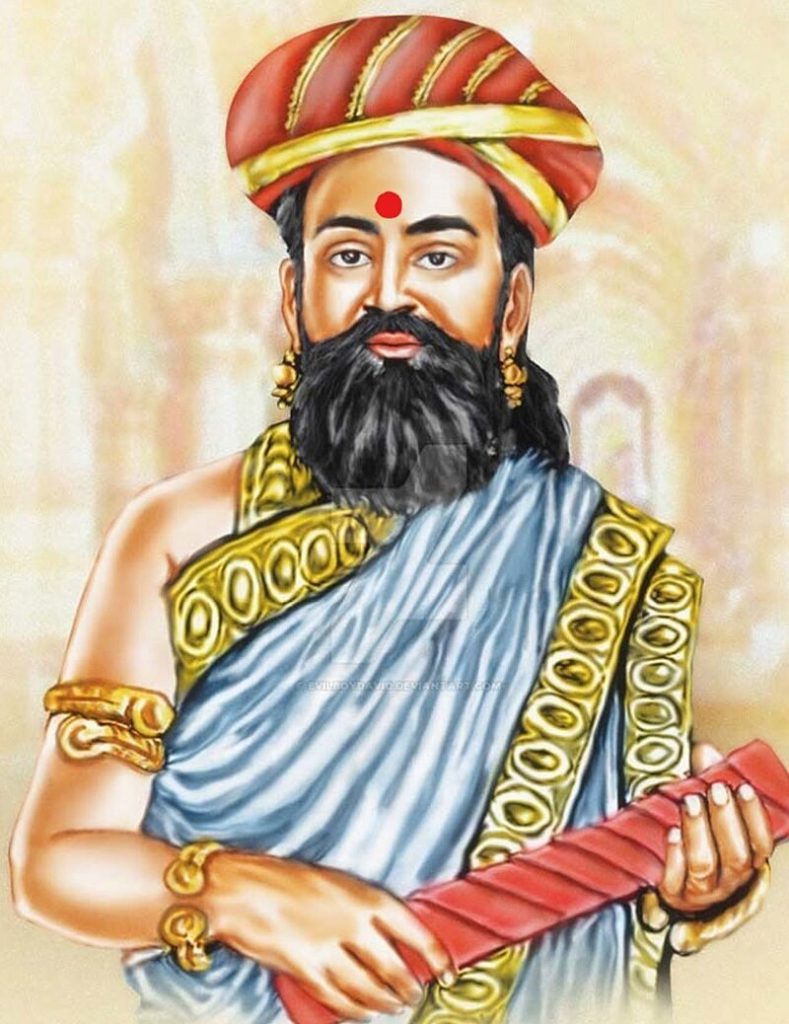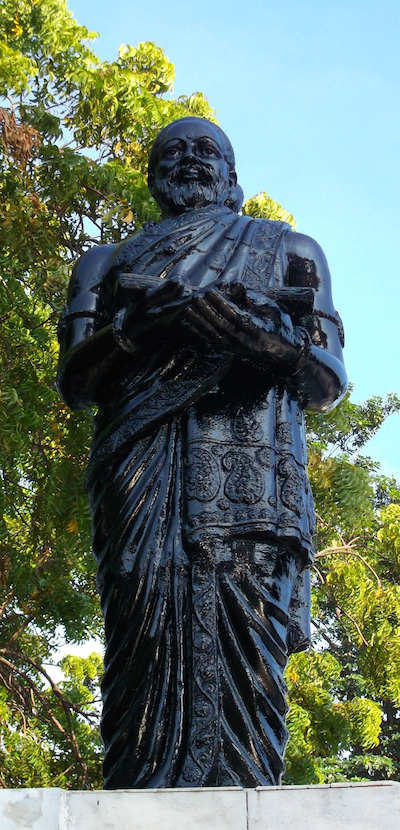Looking to read Kamba Ramayanam or Kambar’s poems?
Visit Booksgrub.com to explore Tamil and English editions of his works 📘


Introduction
In the vast universe of Tamil literature, few stars shine as brightly as Kambar. Celebrated as the “Kavi Chakravarthy” (Emperor of Poets), Kambar is best known for his magnum opus, the Kamba Ramayanam — a Tamil retelling of the Sanskrit Ramayana. But beyond that, Kambar was a visionary who proved that Tamil could carry the weight, wisdom, and wonder of epic storytelling with grace, rhythm, and soul.
His works continue to inspire readers, scholars, and lovers of Tamil language even 800 years after his time.
Who Was Kambar?
Kambar lived during the 12th century in the Chola dynasty, a time when Tamil culture, literature, and arts flourished. He was born in a humble family in Therazhundur, near Mayiladuthurai in present-day Tamil Nadu.
Despite economic hardships, Kambar displayed extraordinary talent in poetry and language. His brilliance earned him the patronage of Kulothunga Chola III, under whose encouragement he composed the Kamba Ramayanam.
Kambar was deeply rooted in Tamil culture and literary traditions, yet he was open to integrating classical ideas from across India — making him a bridge between cultures.
🗣️ “அறமும் பொருளும் புகழும் உயிரும், அறியாதார்க்கே இனியவாம் என்று”
(“Righteousness, wealth, fame, and life itself – are sweet only to those who understand them.”)
The Masterpiece – Kamba Ramayanam
The Kamba Ramayanam is not just a translation — it is a complete transformation. Kambar took Valmiki’s Sanskrit Ramayana and reimagined it in the Tamil context, adding emotion, elegance, and native richness.
Verses: Around 12,000+ poetic verses
Structure: Divided into 6 Kandams (Books) – Bala, Ayodhya, Aranya, Kishkinda, Sundara, and Yuddha Kandam
Style: Rich in virutham and santham, making it musical and devotional
In many ways, Kambar’s version outshines the original, especially in terms of poetic beauty, philosophical depth, and emotional resonance. He presents Rama not just as a prince or God, but as a symbol of dharma, compassion, and human struggle.
🗣️ “வாக்கினால் விளக்கும் ஞானம், வாசலில் மண்ணாக மாறாது.”
(“Knowledge spoken through pure words never turns to dust.“)
Kambar’s Legacy
Kambar elevated Tamil as a classical language by proving it could carry epic narratives on par with Sanskrit. He showed that Tamil had the philosophical depth, poetic beauty, and literary power to express everything from war to wisdom, devotion to drama.
Today, Kambar is:
- Studied in Tamil schools and colleges
- Celebrated in temple recitals and storytelling festivals
- Honored with statues and street names across Tamil Nadu
- Quoted in both scholarly and popular discourse
🗣️ “கடவுளை நம்பும் மனிதன், தன்வழி தவறான்.”
(“A man who trusts in God never strays from his path.”)
Final Takeaway
Kambar was not just a poet — he was a visionary who elevated Tamil into the realm of epics. Through his Kamba Ramayanam, he gave the world a story that is universal in value, yet deeply rooted in Tamil identity.
Reading Kambar is not just a literary experience — it’s a journey into wisdom, devotion, and timeless art.
He proved that with the power of words, one could reimagine gods, restore values, and reinforce the soul of a language.
🗣️ “அறம் தவிர மற்றது எல்லாம் அழிவின் வாசல்.”
(“Anything apart from righteousness leads to ruin.”)
Keywords
kambar tamil poet, kambar biography in tamil, kamba ramayanam summary, kamba ramayanam in tamil, kambar famous quotes, kambar kavithai, kambar poems tamil, tamil epic poets, classical tamil literature, kambar kavi chakravarthy, kamba ramayanam english translation, tamil poet kambar books, tamil ramayana book, chola dynasty literature, tamil poetry classics, kambar contribution to tamil, kambar tamil quotes, kamba ramayanam online, tamil devotional poets, kambar sangam age literature, booksgrub